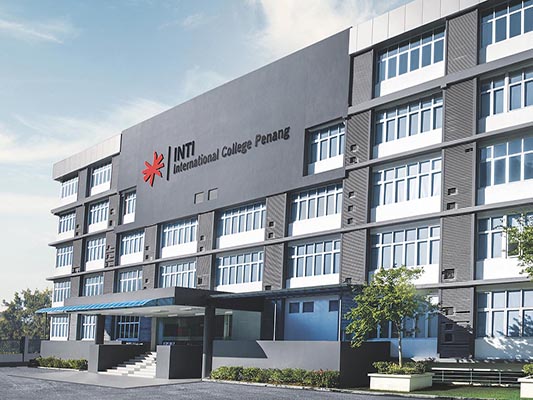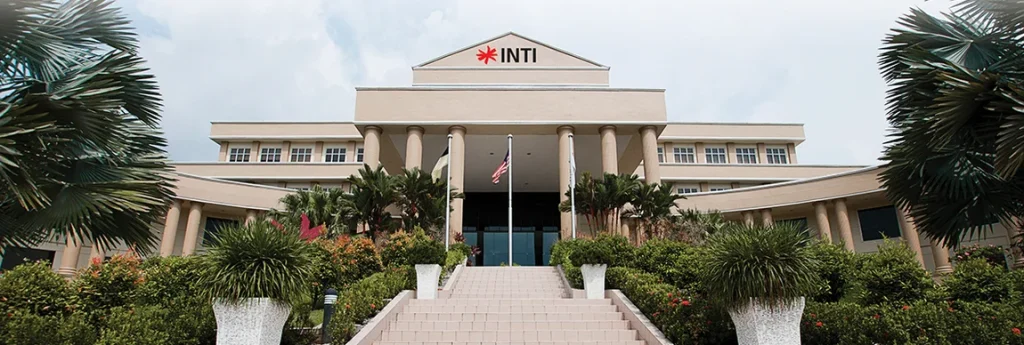The Civil Engineering Discipline expects its alumni, who after being involved in the industry or academia for at least 4 years,
PEO1 To undertake positions of technical related expertise in civil engineering fields
PEO2 To remain committed to professional development
The Civil Engineering Discipline has adopted a set of 12 Programme Outcomes (PO), which upon sucessful completion of the programme, graduates will be able to:
| PO1 |
- Knowledge – Apply knowledge of applied mathematics, applied science, engineering fundamentals and an engineering specialisation as specified in DK1 to DK4 respectively to wide practical procedures and practices
|
|
| PO2 |
- Problem analysis – Identify and analyse well-defined engineering problems reaching substantiated conclusions using codified methods of analysis specific to their field of activity (DK1 to DK4)
|
|
| PO3 |
- Design/development of solutions – Design solutions for well-defined technical problems and assist with the design of systems, components or processes to meet specified needs with appropriate consideration for public health and safety, cultural, societal, and environmental considerations (DK5)
|
|
|
| PO4 |
- Investigation – Conduct investigations of well-defined problems; locate and search relevant codes and catalogues, conduct standard tests and measurements
|
|
| PO5 |
- Modern Tool Usage – Apply appropriate techniques, resources and modern engineering and IT tools to well-defined engineering problems, with an awareness of the limitations (DK6)
|
|
| PO6 |
- The Engineer and Society – Demonstrate knowledge of the societal, health, safety, legal and cultural issues and the consequent responsibilities relevant to engineering technician practice and solutions to well-defined engineering problems (DK7)
|
|
|
| PO7 |
- Environment and Sustainability – Understand and evaluate the sustainability and impact of engineering technician work in the solution of well-defined engineering problems in societal and environmental contexts (DK7)
|
|
| PO8 |
- Ethics – Understand and commit to professional ethics and responsibilities and norms of technician practice
|
|
| PO9 |
- Individual and Team Work – Function effectively as an individual, and as a member in diverse technical teams
|
|
|
| PO10 |
- Communications – Communicate effectively on well-defined engineering activities with the engineering community and with society at large, by being able to comprehend the work of others, document their own work, and give and receive clear instructions
|
|
| PO11 |
- Project Management and Finance – Demonstrate knowledge and understanding of engineering management principles and apply these to one’s own work, as a member and leader in a technical team and to manage projects in multidisciplinary environments
|
|
| PO12 |
- Life Long Learning – Recognize the need for, and have the ability to engage in independent updating in the context of specialised technical knowledge
|
|
|
The curriculum encompasses the knowledge profile as summarised in the table below:
| DK1 |
- A descriptive, formula-based understanding of the natural sciences applicable in a sub-discipline.
|
|
| DK2 |
- Procedural mathematics, numerical analysis, statistics applicable in a sub-discipline.
|
|
| DK3 |
- A coherent procedural formulation of engineering fundamentals required in an accepted sub-discipline.
|
|
|
| DK4 |
- Engineering specialist knowledge that provides the body of knowledge for an accepted sub-discipline.
|
|
| DK5 |
- Knowledge that supports engineering design based on the techniques and procedures of a practice area.
|
|
| DK6 |
- Codified practical engineering knowledge in recognised practice area.
|
|
|
| DK7 |
- Knowledge of issues and approaches in engineering technician practice: ethics, financial, cultural, environmental and sustainability impacts.
|
|
|
| Level 1 |
- Physics
- Programming and Robots
- English Communication Skills
- Surveying 1 (Theory & Practice)
- Highway Engineering and Traffic
- Material for Civil Engineering
- Engineering Static
- Engineering Drawing
- Mathematics 1
- Mathematics 2
|
|
| Level 2 |
- Civil Engineering Drawing
- Strength of Material
- Soil Mechanics
- Civil Engineering Fundamental
- Structural Analysis
- Construction Technology and Management
- Project-Civil Engineering
- Steel and Reinforced Concrete Design
- Fluid Mechanics
Internship |
|
| MPU Subjects |
1. Compulsory
- Appreciation of Ethics and Civilisations (Local students) / Communicating in Malay 1B (International students)
- Integrity and Anti-Corruption
- Co-curriculum
- Bahasa Kebangsaan A*
2. Electives (choose one)
- Green Malaysia: Innovations for a Sustainable Future
- Personal Branding with Media Literacy
*For Malaysian students who do not have a credit in SPM BM. |
|
| Entry Level |
Entry Requirements |
| SPM / O-Level |
Pass SPM and minimum three (3) subjects at Grade C including Mathematics and one (1) natural science subject (Physics / Chemistry / Biology / General Science) or technical based subject and a pass in English |
| UEC |
Pass UEC and minimum three (3) subjects at Grade B including Mathematics and one (1) natural science subject (Physics / Chemistry / Biology / General Science) or technical based subject and a pass in English |
| STPM or its equivalent |
Pass STPM or its equivalent and pass Mathematics, English, and one (1) natural science subject (Physics / Chemistry / Biology / General Science) or technical based subject at the SPM level |
| Matriculation |
Matriculation in Technical or Science Stream |
| Others |
• Accredited Certificate in Engineering, Engineering Technology, Technical or Malaysian Skills Certificate Level 3 with PT3 or equivalent, or
• Recognised related Technical / Vocational / Skills qualification and an adequate and relevant bridging programme
Other equivalent qualifications as recognized by the government of Malaysia |
Note: International students are subject to meet entry requirements that reflect similar qualifications and experience as stated above.
To find country-specific entry requirements visit our international entry requirement page
Additional information
This syllabus has been designed to meet the requirements of professional bodies while giving students the competitive edge.
Overview
Students are provided a solid foundation in computing, mathematical, drawing and communication skills and the basics of civil engineering disciplines. They will be equipped with skills to design, develop, manufacture, construct and maintain civil engineering products, systems and services.
We also help students develop multi-disciplinary teamwork and leadership skills, as well as proficiency in written and oral communication.
This Diploma in Civil Engineering programme covers a comprehensive range of courses, including soft skills training and internships with reputable civil engineering-based companies, and classroom learning with reference to industrial-related projects.
The programme meets the guidelines set by the Malaysian Qualifications Agency (MQA), and has been granted full accreditation by MQA since 2001.














